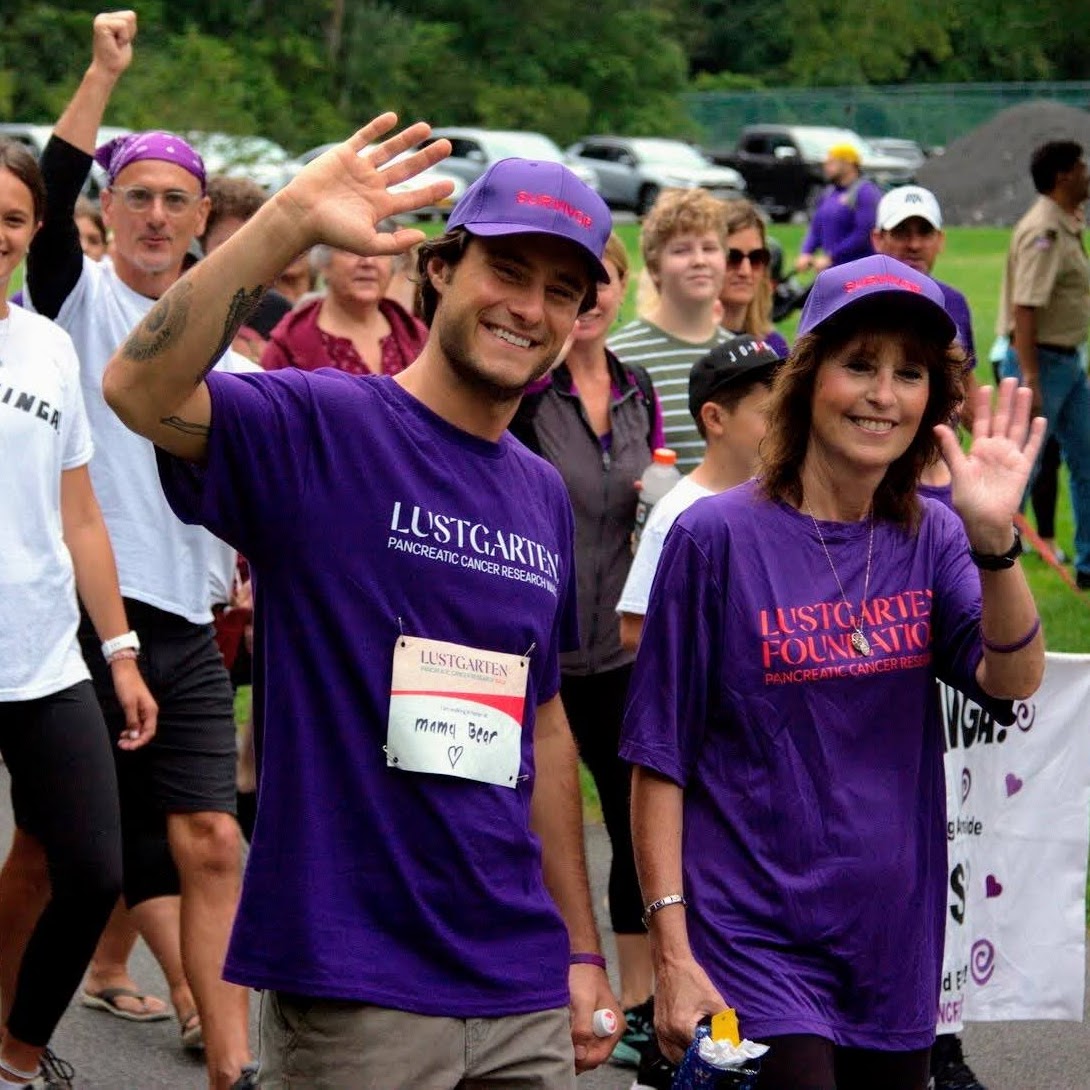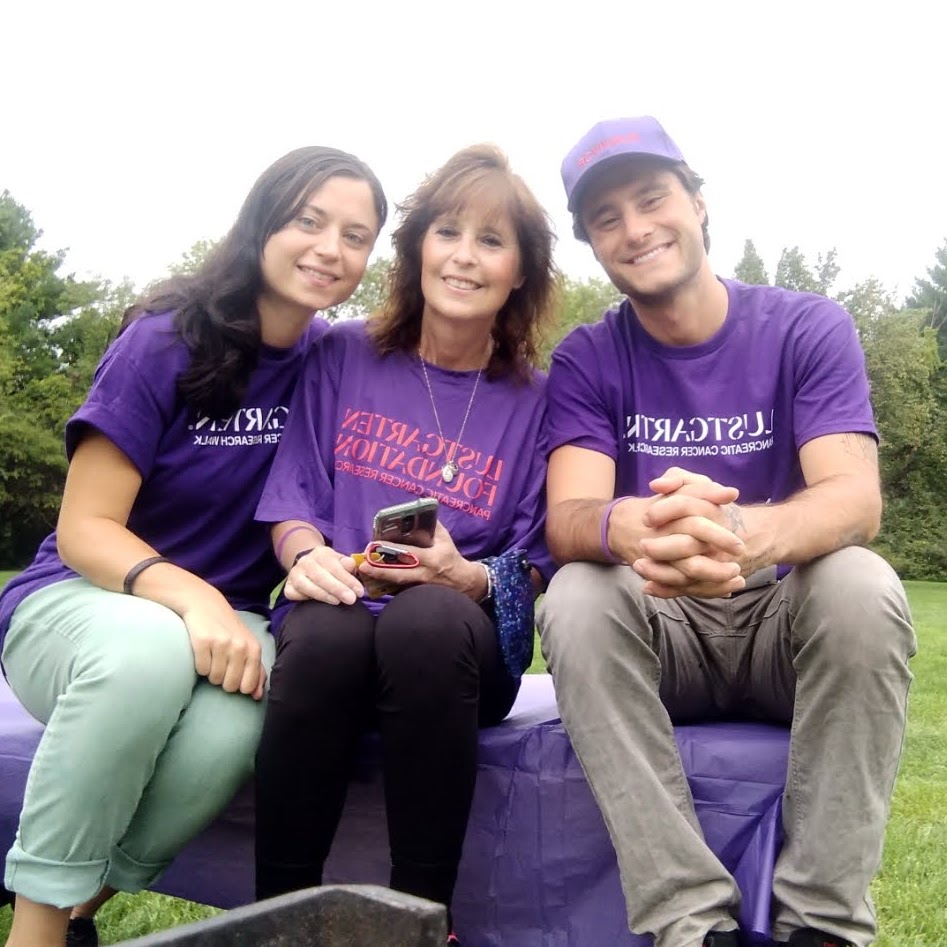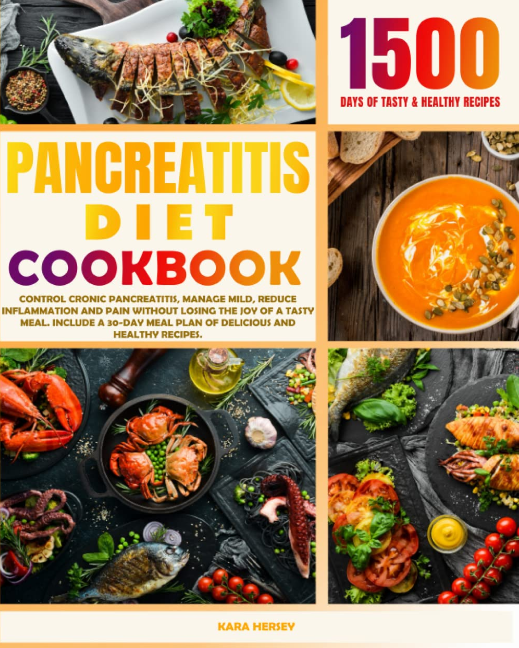

JoANN CAMPBELL
3-Time Cancer Survivor on Seeking Second Opinions, Exploring Clinical Trials
Written By: Julia Brabant
May 2023
Date of Diagnosis: December 14, 2019
Current Status: Still Under Treatment
JoAnn Battled Breast Cancer Once, Pancreatic Cancer Twice
When JoAnn Campbell found out she had pancreatic cancer in December 2019, she was floored. She’d already survived Stage 3 breast cancer in 1997 and couldn’t imagine going through treatment all over again. That said, a previous cancer diagnosis had given JoAnn valuable knowledge about the importance of seeking second opinions – and of advocating for oneself in search of the best possible care.
JoAnn first sought treatment at her local urgent care when she started having ongoing symptoms, including gastrointestinal issues, jaundice and intense itchiness. The urgent care center directed her to the emergency room, where doctors performed a CT scan, revealing a mass on her pancreas.
She met with an oncologist at the same facility. The doctor started JoAnn on chemotherapy using FOLFIRINOX, a combination of drugs often used to treat advanced pancreatic cancer.
JoAnn reacted poorly to the drug combination, finding that it hurt her mobility to the point that, some days, she could barely walk. She’d also required blood transfusions as a result of the chemo treatments. Yet, one of the scariest side effects she experienced was total, but temporary, blindness.
“I’d have maybe 20 seconds at a time of complete blindness,” she said. “I thought maybe the cancer had gone to my brain.”
After three months of chemo, JoAnn had a CT scan, revealing that the tumor was still growing despite the grueling FOLFIRINOX treatments.
“That was enough for me,” she said. “I got a second opinion.”
JoAnn researched major cancer centers in her area and visited several of them. Doctors at one cancer center that she was a carrier of the RAD51D gene mutation. Studies suggest this may place her at an increased risk for pancreatic cancer.
This wasn’t a big shock to JoAnn, who had lost two aunts to pancreatic cancer. She’d also lost three uncles and a cousin to other forms of cancer. Because of her gene mutation, her oncologist and geneticists recommended she try a different chemotherapy regimen using Gemcitabine and Cisplatin.
She had the Whipple in June of 2020 and recovered slowly in the weeks and months that followed. She worked with a dietician to make the changes her diet required after the surgery and was doing relatively well for about two years, until she started experiencing symptoms similar to acid reflux.
“I thought, ‘Something’s not right here; I know something’s not right,’” JoAnn said. “This is what happened with my first pancreatic cancer diagnosis.”
She had several tests, including an endoscopy and a CT scan. Tests revealed that her tumor markers had gone up and that she had lesions on her liver and pancreatic bed, both of which indicated a recurrence. JoAnn’s doctor recommended they try a different form of FOLFIRINOX (Onivvyde, or irinotecan liposome administered via a 5fu fanny pack worn for 48 hours) with the hope that she’d tolerate it better.
“I was leery because of all the trouble I’d had on FOLFIRINOX,” JoAnn said. “But I thought it might help keep the cancer at bay.”
She felt OK after the first two rounds but soon started seeing side effects, including intense bloating and an inability to walk. She also required another blood transfusion and developed colitis and cirrhosis of the liver due to the chemo.
At that point, JoAnn determined she was done with Onivyde and anything in its family.
“I was pretty sure it was going to kill me before the cancer,” she said.
As far as next steps, JoAnn is set to meet with doctors at a major New England cancer center soon to discuss whether she might be a candidate for a clinical trial.
“I’m really excited about that,” she said. “I hope there’s something they can offer me.”
In the meantime, she tries to keep busy and stay active, which, for now, means taking a lot of walks.
“I do listen to my body,” JoAnn said. “When it tells me to rest, I rest.”
She also continues to draw strength from her family and support system, which she says is significant, and from the little signs of hope she finds in random places. She recalls a poster she spotted recently while stopped at a red light.
“I call it my ‘Stories of Hope’ folder,” she said. “After my recurrence, it’s the first thing I picked up.”
While JoAnn encourages other patients with cancer to read the success stories that are out there, she also implores them to listen to their intuition and speak out when something in their body or care plan feels off.
“If things don’t seem right with a particular doctor, move on!” JoAnn said. “If something doesn’t feel right, it’s OK to say, ‘This isn’t good for me.’”
She also encourages other patients to keep persevering.
“So many times, I didn’t want to keep going,” she said. “But, then, the sun shined again.”



